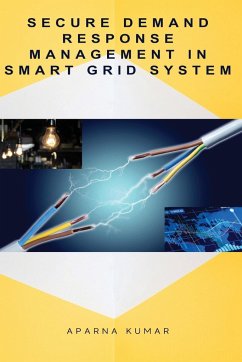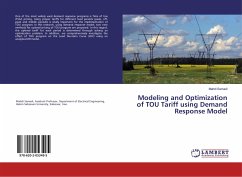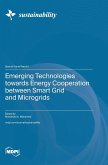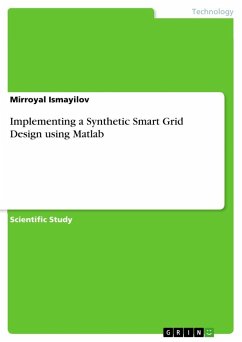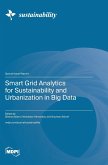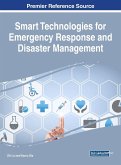The existing grid infrastructure shifted its focus towards a modern grid, i.e., Smart Grid (SG) system using Information and Communication Technology (ICT) tools. SG has improved the reliability, efficiency, and Quality of Service (QoS) of grid infrastructure by reducing the demand supply gap, handling peak load reduction, etc. In SG infrastructure, data analytics plays an important role in various applications, for instance, load monitoring, automatic Smart Meter (SM) reading, Demand Response Management (DRM), etc. new line Moreover, DRM has gained widespread popularity with the increasing energy demand by end-consumers. The energy consumption data related to end-consumers need to be analyzed securely to provide ancillary services to the SG and improve the overall QoS. The goal of this research work is to explore state-of-the-art DRM approaches focused on data security and also proposes a secure DRM mechanism based on analytics to improve the QoS of SG. Considering the aforementioned discussion, the major focus of this research work is on Secure Data Analytics (SDA) in the SG environment achieving DRM for energy load reduction. newline To rectify the issues mentioned above, three different schemes have been proposed in this research work that emphasizes SDA-based DRM in the SG, the brief description of these schemes are as follows: newline Firstly, an SDA scheme is designed for predictive analytics of the residential energy load using the Long-Short Term Memory (LSTM) model and Blockchain (BC) technology. Here, Ethereum Smart Contracts (SCs) are designed to secure the collection of energy consumption data. The effectiveness of the proposed scheme is evaluated based on different evaluation metrics such as Root Mean Square Error (RMSE), data storage cost, and system scalability. newlineIn the second scheme, a secure DRM scheme based on Q-learning, i.e., Q-SDRM is proposed for Home Energy Management (HEM). The proposed Q-SDRM scheme comprises Reinforcement Learning (RL) and Ethereum BC to reduce energy consumption and energy costs.
Hinweis: Dieser Artikel kann nur an eine deutsche Lieferadresse ausgeliefert werden.
Hinweis: Dieser Artikel kann nur an eine deutsche Lieferadresse ausgeliefert werden.

